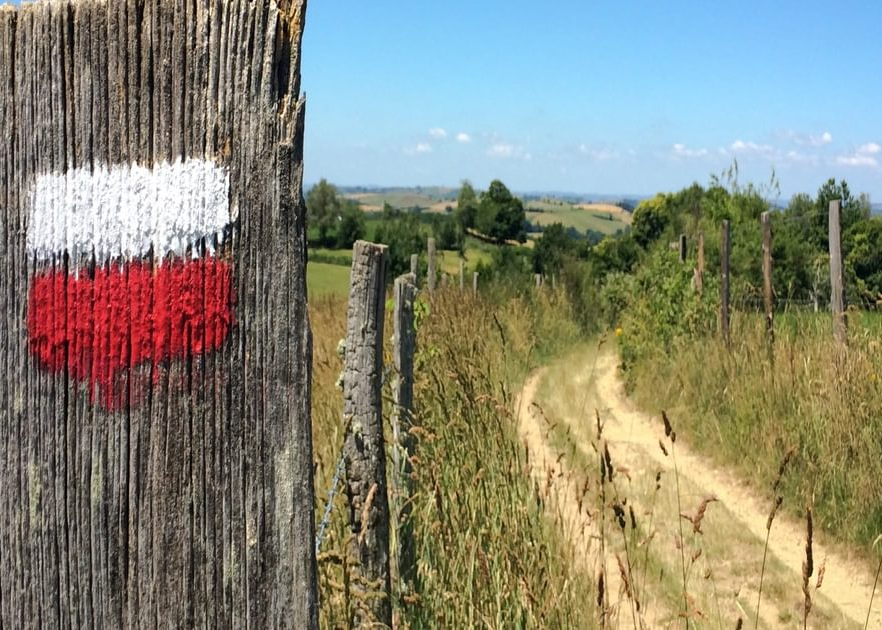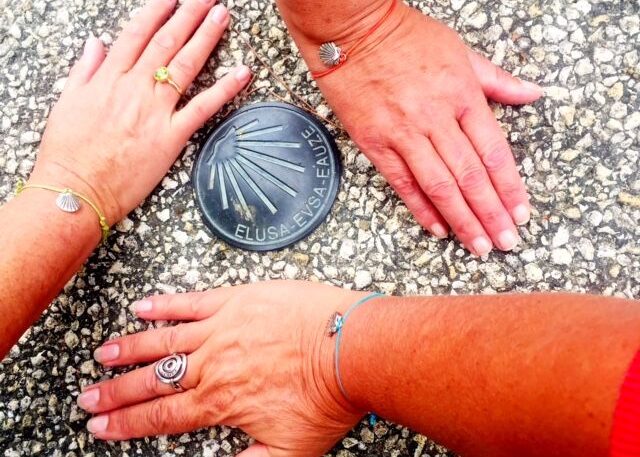I did not copy-and-paste this list from another webpage, nor did I ask ChatGPT to provide me with these Next Chapter quotes. I waded through page after page of potentially suitable quotes for this collection and chose the ones that I felt had meaning. Some I agree with, others I do not, but all of them will hopefully make you think if you are on the point of starting a new chapter in your life.
If you have the courage to begin again.
I have started a new chapter in my life recently. This is not the first time I start over. I wouldn’t say I’m getting any better at it, but I have always been reassured during these unstable times, that I am not alone, that I am not the first, that others have walked this road before me, and I have found inspiration reading what others have to say about starting their own new chapters:
“No, this is not the beginning of a new chapter in my life; this is the beginning of a new book! That first book is already closed, ended, and tossed into the seas; this new book is newly opened, has just begun! Look, it is the first page! And it is a beautiful one!” — C. JoyBell C.
“Every day is a chance to begin again. Don’t focus on the failures of yesterday, start today with positive thoughts and expectations.” — Catherine Pulsifer
Each new chapter of your life is helping you become more of who you really are. When you let go of who you think you are supposed to be, you can become who you want to be. — Shannon Kaiser
“We grow up with such an idealistic view on how our life should be; love, friendships, a career or even the place we will live ~ only to age and realise none of it is what you expected & reality is a little disheartening, when you’ve reached that realisation; you have learnt the gift of all, any new beginning can start now and if you want anything bad enough you’ll find the courage to pursue it with all you have. The past doesn’t have to be the future, stop making it so.” ― Nikki Rowe
“There are far better things ahead than any we leave behind.” — C.S. Lewis
“When one starts a new chapter, the page shouldn’t be messy with commentary but white and crisp, ready for one’s best self.” ― Nadine Bjursten
“It’s never too late to become who you want to be. I hope you live a life that you’re proud of, and if you find that you’re not, I hope you have the strength to start over.” — F. Scott Fitzgerald
“We get to grab the pen and write the next line. We aren’t starting a whole new book; we are just writing a new chapter. The last chapter of our life ended with the loss—the divorce, the death of a dream, the career collapse, whatever it may be. Even though it ended, this is where the story gets good. We get to decide what happens next. If we are still alive, we get to dream! You haven’t lost it all. You are still here! This isn’t the end of your story; it’s the start of a new chapter, and you, my friend, are holding the pen. What do you want your story to be?” ― Kayla Stoecklein
“Perhaps that is where our choice lies — in determining how we will meet the inevitable end of things, and how we will greet each new beginning.” ― Elana K. Arnold
“We are meant to keep focused for a new life, for new beginnings, for new experiences, and to use our abilities to move beyond all those things that may serve as excuses to confine us to the now.” – Byron Pulsifer
“It isn’t the amount of our years that will determine the life we live now, but the amount of our love. Our future isn’t determined by anything that happened 20 years ago, 30 years ago, or even 10 minutes ago. It’s determined by who we are and what we think, right here, right now, in this moment. Almost every hour of every day, we’ll find ourselves in a situation where we can be now who we weren’t before. And from this newness in our being springs fresh opportunities we could never have imagined. God specializes in new beginnings.” ― Marianne Williamson
“You’ll never get a new ending if you keep starting with the same tired beginning.” ― Lisa Daily
It is not the failure that holds us back but the reluctance to begin over again that causes us to stagnate.”― Clarissa Pinkola Estés
“I hope you realize that every day is a fresh start for you. That every sunrise is a new chapter in your life waiting to be written.” — Juansen Dizon
“Each new day is a blank page in the diary of your life. The secret of success is in turning that diary into the best story you possibly can.”— Douglas Pagels
“This is the beginning of a new day. You have been given this day to use as you will. You can waste it or use it for good. What you do today is important because you are exchanging a day of your life for it. When tomorrow comes, this day will be gone forever; in its place is something that you have left behind… let it be something good.” ― Mac Anderson
“It’s good to start over. It will be scary but you will see what you’re really made of; it’s the best opportunity to achieve what you never thought you could.” ― Jennifer Coletta
“You can start anew at any given moment. Life is just the passage of time and it’s up to you to pass it as you please.” ― Charlotte Eriksson
“Starting over is an acceptance of a past we can’t change, an unrelenting conviction that the future can be different, and the stubborn wisdom to use the past to make the future what the past was not.” ― Craig D. Lounsbrough
“A fresh start. A new chapter in life waiting to be written. New questions to be asked, embraced, and loved. Answers to be discovered and then lived in this transformative year of delight and self-discovery.” — Sarah Ban Breathnach
Are You Ready to Start Writing the Next Chapter of Your Life?
If so, then you are not alone, you are not the first, others have walked this road before you. I have, and I have helped many of my guests find new direction during my Next Chapter Camino de Santiago walking retreats. You are very welcome to join us here on my little farm in the southwest of France, if you need support writing your next chapter.



























































